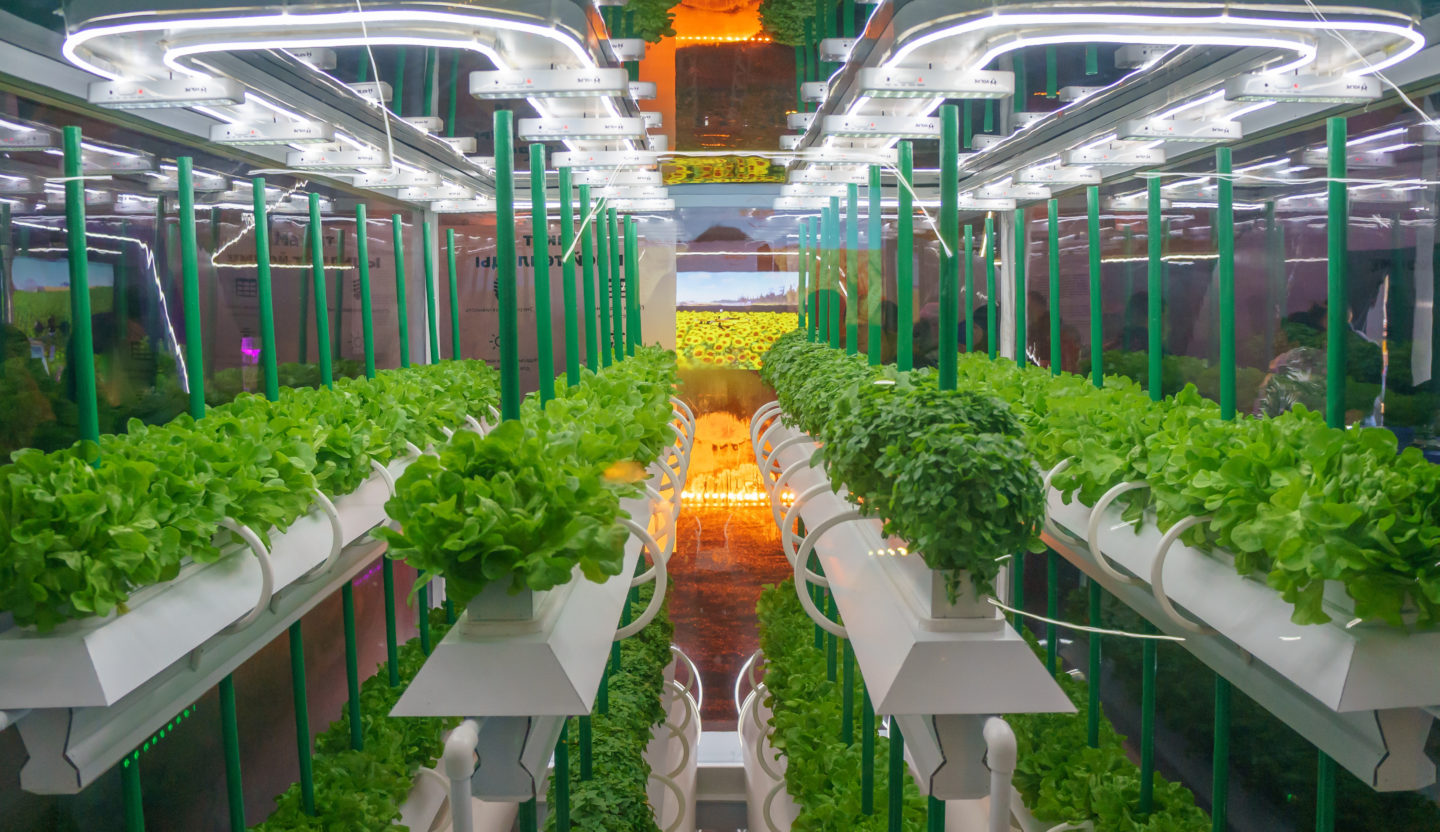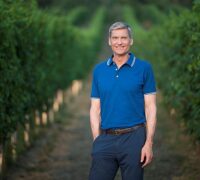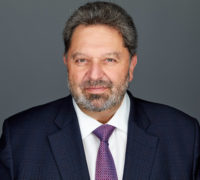As CEO of leading global agriculture company Syngenta Group, Erik Fyrwald operates on the frontline of one of the biggest dilemmas facing the world: how to feed ourselves without destroying the planet.
With the global population expected to increase by two billion people over the next 30 years, ensuring food security has become a critical issue. Farmers are already grappling with extreme weather events – from droughts and floods to high winds – which are destroying crops. At the same time, there is mounting pressure to reduce the carbon footprint of the agriculture sector which accounts for around a quarter of global greenhouse gas emissions.
Complicating matters further is the growing antagonism between the United States and China – something Fyrwald, an American, who heads up the Chinese-owned agricultural technology company, feels acutely.
“If we want to assure food security for the world and have agriculture go from 22% of greenhouse gas emissions toward zero, collaboration between China and the US and the world on agriculture is really important,” he says. “And I don’t see any reason why we shouldn’t have a base of relationships between countries, at least in agriculture; a healthy, positive, ‘let’s solve this’ relationship.”
Fortunately, Fyrwald possesses a pragmatic ‘can do’ attitude. He took over as CEO in 2016, a year before the Swiss company was sold to ChemChina for $43 billion after turning down a hostile bid from US rival Monsanto. Since the takeover, Fyrwald has made collaboration a key tenet of his strategy, frequently traveling from Basel to China, Africa, and the United States to build relationships with governments, NGOs, and other eco-system stakeholders to help farmers produce more food from less land.
A long-time executive at rival DuPont, the role is Fyrwald’s third stint as a CEO – having previously headed up Nalco, a water treatments, products, and services company, and Univar, a distributor of chemistry and related services. Syngenta Group, with annual revenues of $33.4 billion and a global workforce of 59,000 across more than 100 countries, is a significantly more complex beast, not least due to the worsening geopolitical climate.
“Every other month or so, I spend a few days in Washington or someplace in the United States, talking to people, explaining what Syngenta is, explaining how we are run. Because if an American politician hears from somebody else that Syngenta is a Chinese-owned company, they immediately think: ‘Oh, well, we don’t want them to own land here. We don’t want them to be part of the US food system,’” he explains.
Given the rising acrimony between the US and China, with tit-for-tat trade tariffs, tech rivalry, and allegations of spying, Fyrwald spends a lot of time trying to restore trust.
“It has to be person to person, with trust that we are Americans who care about American farmers, as well as global citizens who care about the world,” he says.
Despite this and other challenges to the global food system thrown up by the COVID-19 pandemic and the war in Ukraine, Fyrwald still loves his job because he is driven by purpose. “I wake up every morning thankful that I’m part of a team of 59,000 people that collaborates with NGOs, governments, and other companies to help serve farmers around the world. I think that’s really important.”
Empowering farmers to increase yields
A case in point is China, where Syngenta Group’s sales have rocketed to $7.7 billion from just $300 million since the ChemChina takeover. One major advantage of the deal, according to Fyrwald, was opening up access to China, the world’s most populous country where the amount of arable land available was shrinking due to harmful practices depleting the soil. “I believed that this acquisition could give us the chance to learn how to better play in China and help transform Chinese agriculture.”
Syngenta created the Modern Agriculture Platform (MAP) initiative – a network of more than 700 centers spread across China where on-the-ground agronomists teach farmers how to analyze their soil health and better protect their crops to produce higher yields.
MAP is a model Syngenta now hopes to repeat in Africa. Despite agriculture being the number one employer on the continent, farming is not very productive, meaning Africa still imports around $40 billion of food each year. Syngenta’s aim is to help Africa feed its fast-growing population itself, and sees collaboration between companies, governments, and NGOs as critical.
YouTube

 Podcast available
Podcast available


 Podcast available
Podcast available